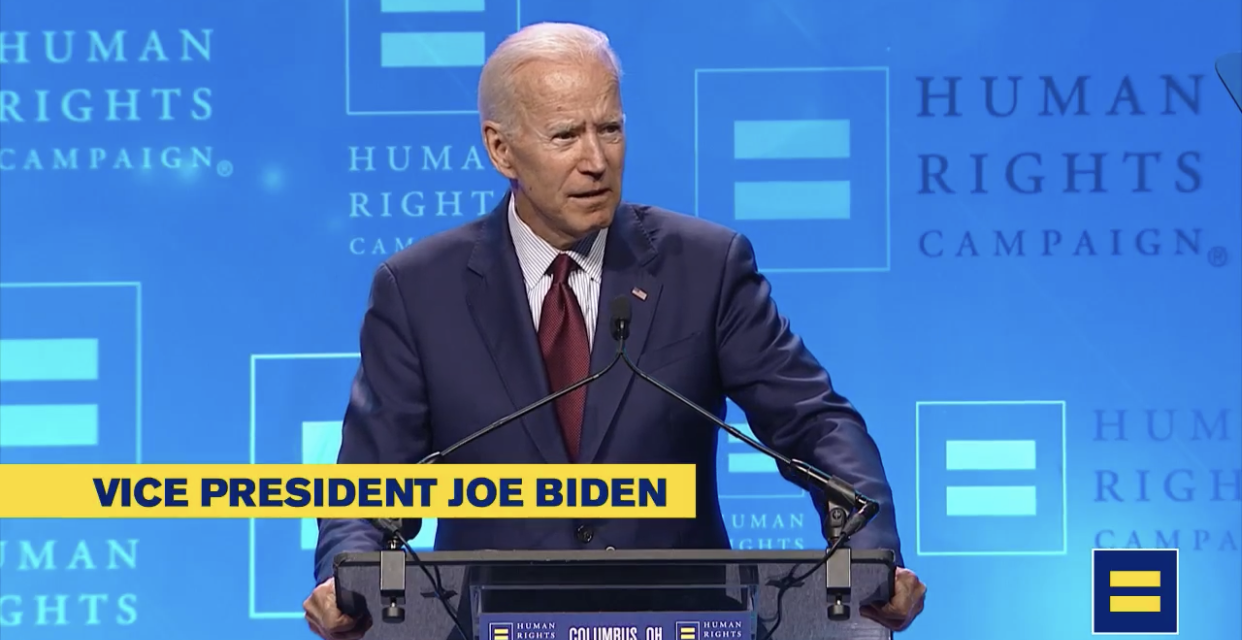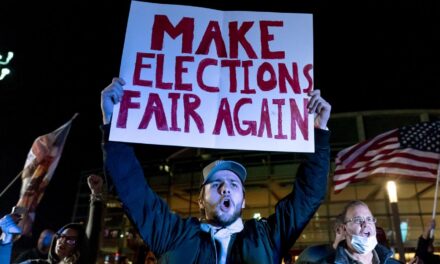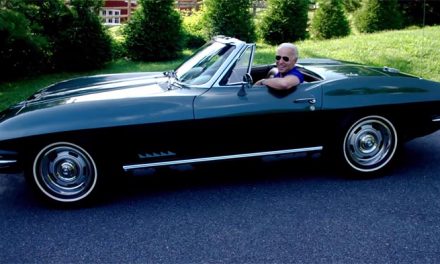After I saw Joe Biden’s campaign confirm that the candidate still maintains his traditional support for the Hyde Amendment, I was struggling to find a good analogy to describe why this is going to present a rather substantial problem for him. Fortunately, I found it while reading Paul Waldman’s Washington Post article on the subject.
If I told you I “personally opposed” white and black people marrying each other but supported Loving v. Virginia, the Supreme Court decision that struck down laws banning interracial marriage, you probably wouldn’t consider me a reliable advocate of civil rights.
The reason this comparison works so well is that Biden has always taken the position that he is personally opposed to abortion, which is consistent with the teachings of the Roman Catholic Church. However, he supported abortion rights despite his moral qualms, with the caveat that he does not want to pay for it with his tax dollars.
This is essentially the Hyde Amendment position. In practice, it means that you can get an abortion if you can pay for it, but the federal government isn’t going to chip in. They won’t cover the procedure for Medicaid patients, for example. As Waldman explains very well, a right that cannot be exercised is not much of a right:
Because if you believe women should have a right to an abortion, that right ought to have practical meaning for everyone. We believe that the Constitution’s right of due process requires that you have legal representation if you’re accused of a crime, but we don’t say that if you can’t afford it, tough luck. We provide public defenders, because the right would be hollow if it were available only to those who could afford it.
Pro-choice supporters of the Hyde Amendment are guilty of violating this “practical meaning” aspect to reproductive freedom. It used to be a fairly common way for Democrats to search out a middle position, but it has always suffered from this flaw. In 2016, with a woman as the party’s presidential nominee, the Democrats made the abolition of the Hyde Amendment official policy by including it in the platform. According to Waldman’s research, Biden is the only one of the 24 declared candidates who is on the record maintaining support for the amendment. Senator Michael Bennet of Colorado, former Senator Mike Gravel of Alaska and Andrew Yang have made no public statements either way. Everyone else has come out in one way or another against Hyde.
By standing alone and in opposition to the party platform, Biden has created a major weakness for his candidacy. No one questions his basic commitment to abortion rights, but his reliability has been cast into question. Waldman is right. If a candidate said that he personally was revolted by the sight of interracial couples but didn’t think the government should prevent consenting adults from getting married, then we would quite justifiably consider them a poor choice on racial matters and civil rights. That would not be an acceptable “middle position.” As a practical matter, it might be hard to articulate how it would matter, but that wouldn’t change how people felt about it. They would not trust that person or consider them their ally.
Politicians from Poppy Bush to Al Gore have reversed themselves on abortion when it suited them, but I don’t automatically think that Biden has taken this position with an eye for the general election. It’s possible that he’s maintaining consistency because he follows the Church’s teachings and thinks the government should respect the sensitivity of the subject for millions of Americans. But, as Ed Kilgore notes, if he is taking his nomination for granted and maintaining the popular position for the showdown with Trump, he may be in for a surprise:
Assuming there was a political calculation behind Biden’s positioning on Hyde, it’s probably based on polling showing that the amendment is popular among the general electorate and commands significant support from a minority of Democrats, too. But like every question involving abortion policy, measures of public opinion vary according to the framing, and the idea of denying abortion services to women who happen to be poor isn’t popular at all.
I think he’d also be more than a little presumptuous if he’s betting that he can weather the storm this creates for him in the primaries and caucuses and come out the other side in a stronger position for the general election. In this #MeToo generation with abortion rights under unprecedented assault and a conservative Supreme Court queuing up cases where they’ll have the opportunity to repeal or curtail Roe v. Wade, anything less than a full commitment to reproductive freedom is going to be a dealbreaker for a lot of Democratic voters.
Biden will have to face down a field of competitors that includes several accomplished, well-funded and popular women. The men are certainly not going to let him off the hook, as they battle to prove their trustworthiness on the issue.
I’d call this a major mistake for Biden if I knew it was some kind of miscalculation, but I think it could be a sincerely held position that represents less of a blunder than a demonstration that he’s a poor fit for this party at this time.
He may “clarify” or adjust his messaging going forward, but the damage has already been done. He just made winning the nomination a much heavier lift.







